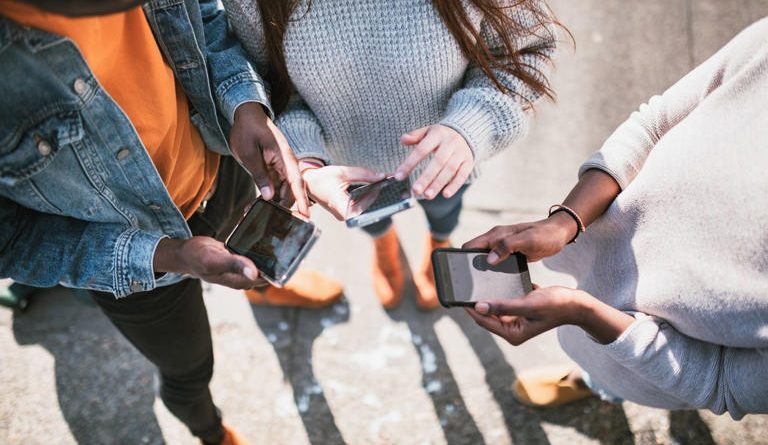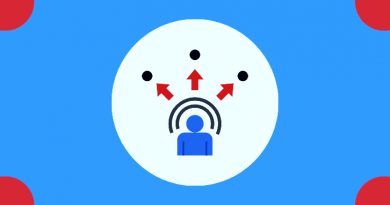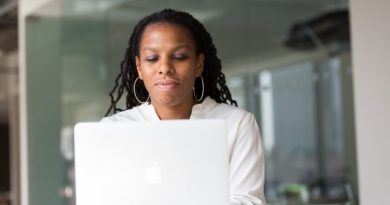Los Angeles School District Votes in Favor of Cellphone Ban
The Los Angeles Unified School District voted Tuesday to ban cell phones during the entire school day, becoming the largest school system to take such a step in an era of concern about youth cellphone use and social media addiction.
Actually keeping students off their phones, however, could be a challenge.
Like many districts, Los Angeles currently has a policy prohibiting phone use during class time while allowing devices during lunchtime and breaks. Implementation has varied from classroom to classroom, and teachers find it difficult to police without consistent consequences.
The move by the Los Angeles school board, which voted 5 to 2 in favor of the ban, clears the way for school leaders to create a policy on how to ban devices that would take effect by January. The extent of the ban could vary by grade level, the board said.
The district, the nation’s second largest, will consider physically locking phones away in lockers or pouches, an approach being taken by an increasing number of schools and districts across the country. Other schools that banned smartphones have given students Light Phones, which have only calling and texting features.
Teachers nationwide are grappling with pervasive cellphone use, which students use during the day for everything from texting with parents and friends to filming fights and bullying classmates on social media.
Clark County School District, which covers Las Vegas and is the nation’s fifth largest school system, will begin requiring all sixth- to 12th-graders to keep phones in nonlocking pouches that block cell signals starting this fall. Florida and Indiana are among states that have passed laws prohibiting phones during classroom instruction, but the strength of policies still varies by district.
In Los Angeles, implementing a new policy will be a massive undertaking across 800 campuses and 414,000 students.
“The research is clear: The harmful effects on kids, mental health, the physical health, their academics,” said board member Nick Melvoin. He said he hopes a districtwide policy will make it easier for teachers and principals to make a cultural change. “I’m fine to be the bad cop here.”
Dana Gil, a high-school English teacher in Los Angeles, said students pull out their phones as soon as they feel nervous or unsure about how to do a class assignment. “It’s more of an emotional comfort,” Gil said. She would welcome the ban as a way to help students work through those roadblocks without their phones and learn how to socialize with peers.
Some teachers and parents say a cellphone ban is the only way to regain control of the classroom. A ban would keep students focused and off social-media platforms that can be harmful to young people. The U.S. Surgeon General this week called for warning labels on social-media platforms to remind parents that social media hasn’t been proven safe.
Other parents say they need to be able to reach their children in case of an emergency. A national poll earlier this year found that only a third of public-school parents supported a ban on cellphones during the school day.
Districts like Los Angeles should work closely with parents on any policies, said Zach Rausch, an associate research scientist at New York University, or “there’s the risk that parents might feel like they’re being told what to do.”
n Newsom said Tuesday that he supported legislative efforts to restrict smartphone use in schools.
“When children and teens are in school, they should be focused on their studies — not their screens,” the Democrat said.
Several Los Angeles teachers and parents spoke in favor of the ban during Tuesday’s school board meeting, saying it was difficult to curb cellphone use in class.
Malinda Marcus, an eighth-grade teacher at William Mulholland Middle School in Los Angeles, said students become belligerent when she has to take away their phones.
“My students will resort to any means necessary to sneak a peek at their phone during class,” she said. “The time I have spent policing phone use could’ve been better spent on helping students recover from Covid learning loss.”
Some board members expressed reservations on the ban because the policy could have an adverse impact on lower-income students and could be difficult to enforce.
“It’s a civil right to have your cellphone,” said board member George McKenna.
Neel Thakkar, who will be a senior this fall at a San Fernando Valley charter school, said he is constantly surrounded by cellphones at school and he supports the ban. He doesn’t know if his classmates will feel the same.
“High school students just look in the short term,” Thakkar said, and aren’t as aware of the studies showing the harms of social-media use on mental health. “They’re focused on the instant gratification.”
Source: https://www.msn.com/en-us/news/us/los-angeles-school-district-votes-in-favor-of-cellphone-ban/ar-BB1oswYO




